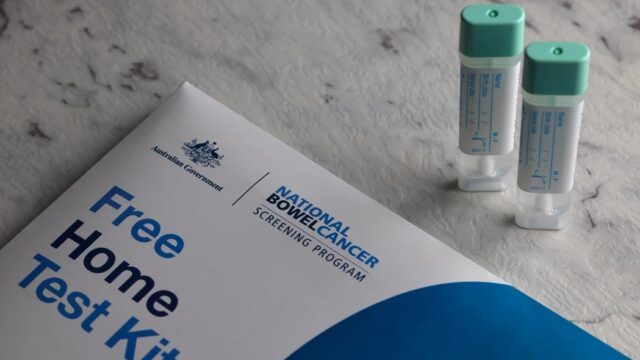Advertisment
Pilot anticholinergic deprescribing scheme found that memory assessment in patients with reduced anticholinergic load improved significantly after two weeks

Much has been written about deprescribing of medicines with anticholinergic effects to reduce overall anticholinergic burden and it is widely recommended as a way to reduce cognitive impairment, confusion, delirium and falls. Moreover, in one observational study, a higher cumulative dosage of anticholinergic drugs was associated with a more than 50% increase in the long-term occurrence of dementia.1 However, intervention studies to reduce anticholinergic burden have produced ambiguous results. One important reason for failure or negative results has been the reluctance of patients or physicians to change drugs.
Tanja Wehran and colleagues from the University of Heidelberg, Germany describe the development and pilot testing of an algorithm‑based approach to anticholinergic deprescribing in older patients.
Key elements of the study were:
- Compilation of a list of 85 drugs with anticholinergic effects and 21 algorithms for reduction of anticholinergic load
- Algorithms that proposed alternative drugs with fewer or no anticholinergic side effects
- The inclusion of a test to measure changes in cognitive function after deprescribing – the Neuropsychological Assessment Battery
- A personalised letter to the treating clinician prepared in a standardized way by a clinical pharmacist and a clinical pharmacologist
- Deprescribing recommendations that were implementable without the need for referral to a specialist.
The scheme was tested in a pilot study in patients aged 65 years and older who were taking at least one drug with strong anticholinergic activity. Strong anticholinergic drugs used by the patients included amitriptyline, biperiden, clozapine, dimenhydrinate, doxepin, fesoterodine, and solifenacin. Patients with diagnosed dementia were excluded as this was unlikely to be reversible. A control group of patients with no anticholinergic load was also included.
Findings
A total of 20 patients included – 11 in the intervention group. Recommendation letters were issued for nine and the anticholinergic burden was successfully reduced in seven.
The authors report that “there was a significant improvement on the Neuropsychological Assessment Battery memory test between baseline and follow-up assessment in patients with reduced anticholinergic load compared with patients with unchanged medication (6 ± 3 vs. − 1 ± 6 points). In addition, the Neuropsychological Assessment Battery memory score correlated significantly with changes in measured serum anticholinergic activity (SAA) (difference between baseline and follow-up assessment based on all participants; Pearson r 2 = 0.36, p = 0.03)”
Treating physicians found the approach helpful. The authors note that the team approach and personalisation of letters were important to success of study.
Recommendations
Whilst acknowledging the limitations of such a small pilot study the authors made the following recommendations for future work:
“Future proof-of-principle studies should
(1) enrol patients with cognitive impairment that is likely to be at least partly reversible;
(2) suggest individualized therapy changes that are easy to follow;
(3) communicate the recommendations to the treating physician in a format that makes them easy to understand and implement;
(4) monitor the effect of the intervention with feasible and sensitive instruments; and
(5) use study designs that avoid excessive dropout rates”
Reference
Gray SL, Anderson ML, Dublin S, et al. Cumulative use of strong anticholinergics and incident dementia: a prospective cohort study. JAMA. 2015;175:401–7.









